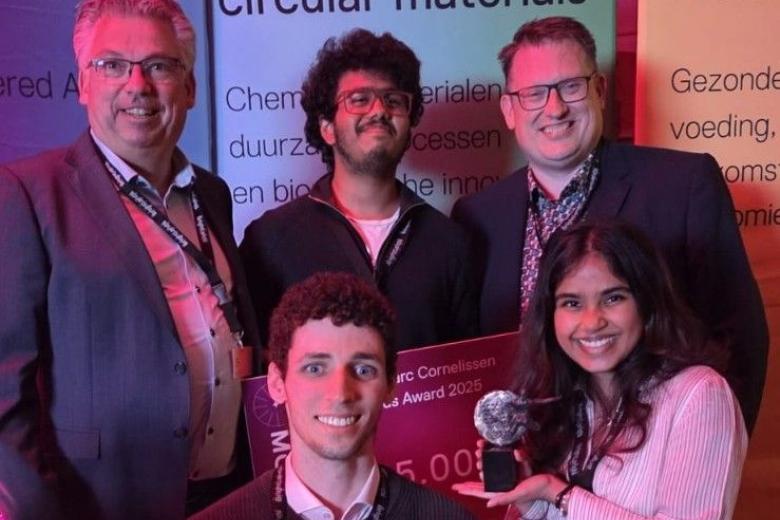€ 250.000 for research into optimal pension contract
The board of scientific institute and knowledge network Netspar has granted € 250.000 to a three-year research project under the supervision of SBE researcher prof. dr. Antoon Pelsser. The project called Design of Pension Contracts in Incomplete Markets and under Uncertainty is expected to be launched in January 2018.
In recent years there has been a development which shifts (investment) risks in pensions increasingly to participants and less to employers. Therefore, in the interest of the participant, risks that are difficult to predict and uncertainties with regard to share prices and interest rates should be taken into account. This project aims at developing strategies that perform adequately, also when assessment errors are made. The objective is that under the redesigned future pension scheme employers and employees can enter into pension contracts that optimally balance the risks for the individual participant against the possibility of an indexed pension.
Granting this funding is in line with the advice of the Netspar Partner Research Council that assesses the applications on policy relevance. The scientific assessment was carried out by the independent scientific council of Netspar.
About Netspar
Netspar, Network for Studies on Pensions, Aging and Retirement, is a think-tank and knowledge network. Netspar is dedicated to promoting a wider understanding of the economic and social implications of pensions, aging and retirement in the Netherlands and Europe. Netspar contributes actively to the social discourse on such matters among policymakers, scholars, and pension and insurance professionals by both developing knowledge through independent scientific research and sharing that knowledge through publications, events, and education programs.

Also read
-
Roy Broersma (CEI): Guiding Aestuarium from idea to venture
Roy Broersma, director of the Center for Entrepreneurship & Innovation (CEI) at SBE, has been closely involved in guiding Aestuarium from an early student startup to a growing venture. From spotting their potential during the Brightlands Startup Challenge supporting them through CEI.
-
Despite a less tight labour market no end to shortages in healthcare, education, and tech
Interesting new findings in the report 'The Labour Market by Education and Occupation until 2030' from the Research Centre for Education and the Labour Market (ROA) at Maastricht University.
-
Teacher Information Points at UM
UM faculties now host Teacher Information Points (TIPs) that offer local, “just-in-time” and on-demand support for teaching staff. The aim is simple: to provide help that is closely connected to day-to-day teaching practice.